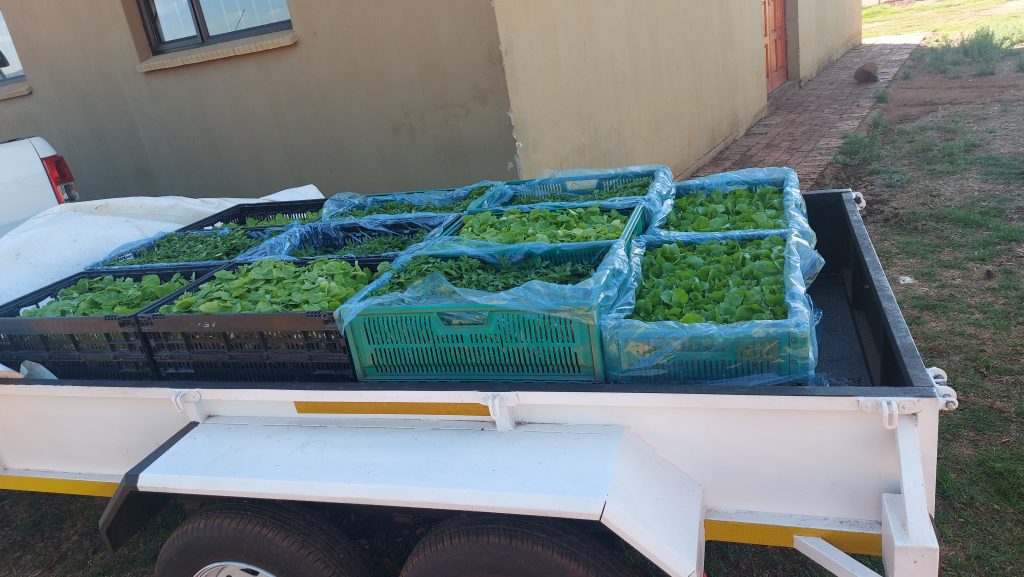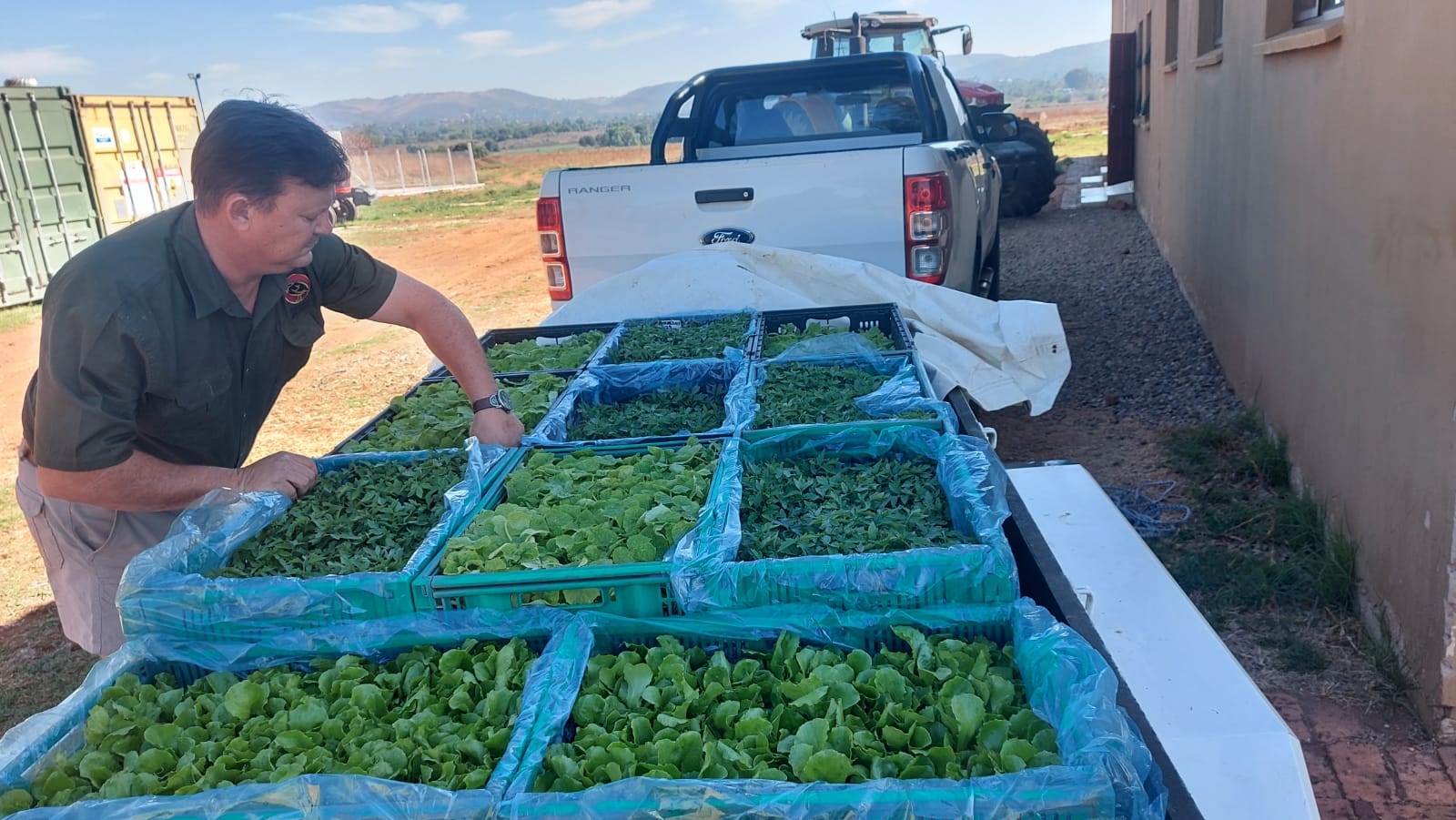The African proverb “no matter how powerful a man, he cannot make the rains fall on his farm alone” rings especially true for black small holder farmers who only make up 10% of the R60 billion horticulture industry in South Africa.
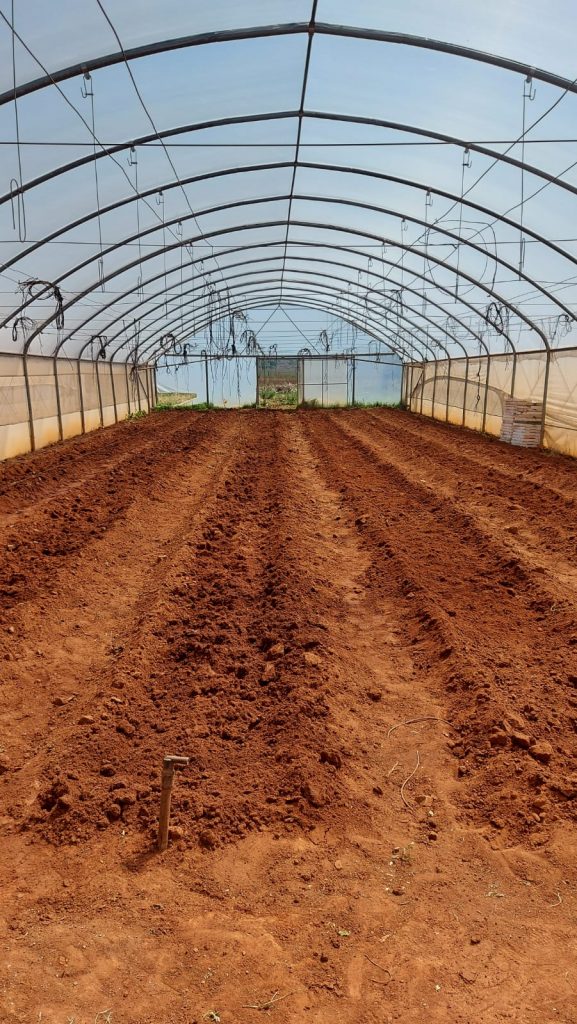
The profitable, value-added markets that are needed to support a sustainable farming business, is exactly what these farmers, who play an integral role within South Africa’s agricultural and food security ecosystem, have been lacking.
The In Transformation Initiative (ITI), in partnership with the Hanns Seidel Foundation (HSF) and Agrigrow, embarked on a programme, from January 2021, to upskill emerging and smallholder farmers with the intention of improving their technical capability and business knowledge, as well as securing the correct farm infrastructure and providing market access aligned with traditional contract farming models.
The main aim and purpose of this project is to assemble a practical and deliverable food security project, which will encourage urban city dwellers and urban rural dwellers to plant throughout the season.
A stable offtake, grounded by the proper capacity building and support structures, that this project offers, will allow smallholder and emerging farmers to achieve sustainable business growth, as well as a family sustaining income.
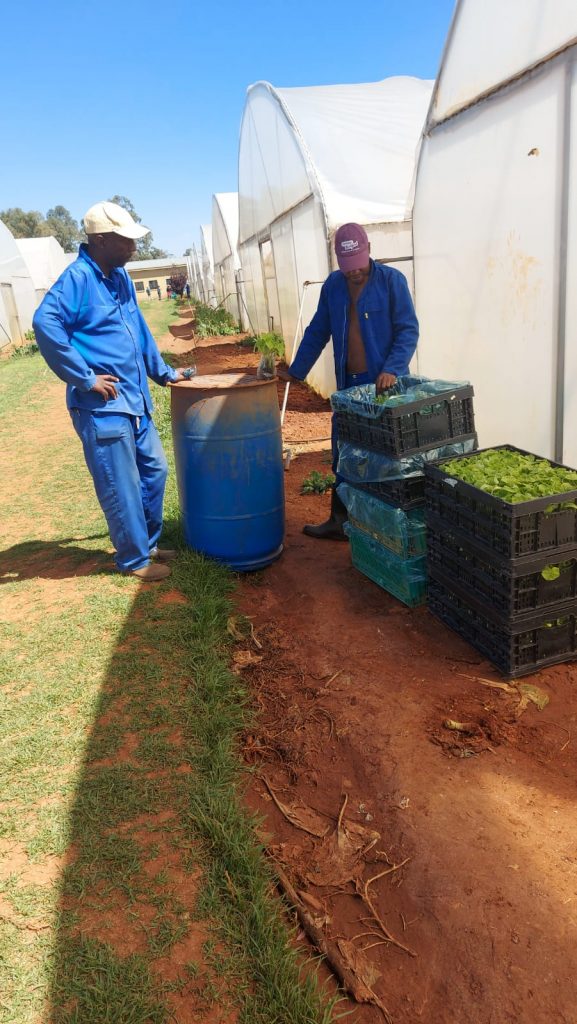
This, in turn, will promote job creation and food security to the communities in which they run, which will also serve the greater agriculture and economic development landscape in South Africa.
The strategic interventions, aimed at creating sustainable market access for an emerging farmer network, includes guaranteeing market access; risk mitigation; production planning and planting schedules; provision of seen and planting material; as well as on-site mentorship.
These interventions have been run and overseen largely by Agrigrow, who have supported the beneficiaries in the programme towards achieving the set outcomes. Beneficiaries of the initiative include members of the Eikenhoff Farming cohort in Gauteng; Farming cohort in Brits; and the Black Farmers Market.
In May and June of this year, a workplan for this project was developed, which resulted in multiple strategic planning sessions within the Agrigrow project team to develop a project implementation plan. Multiple site visits to the City of Johannesburg farms took place to conduct site audits and align the project with city officials, especially about the rational of the project.
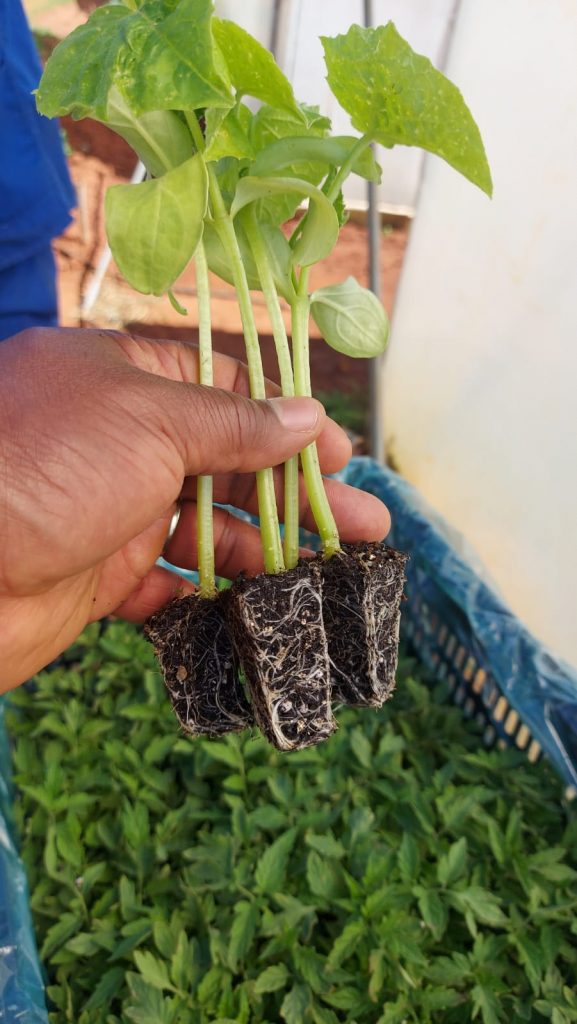
Potato and cabbage farmers in Polokwane were visited by members of Pick n Pay, Best Value Foods, and Agricultural Development Agency (AGDA), through multi-stakeholder engagement. This was done to align on opportunities for growing fresh produce that can be supplied by Pick n Pay and other partners.
Further site visits during this time were to Ga Rankuwa to meet officials from the Black Farmers Market, which supports an array of local emerging and semi-commercial farmers.
Throughout the rest of the year, farmers were aided by ITI, HSF and Agrigrow with developing production schedules as well as demand diagnostics for produce and vegetables. Field visits presented farmers with the opportunity to be mentored and aided with monitoring land preparation.
Technical specifications for planting material to input suppliers were prepared and dispatched, along with the procurement of planting materials.
Planting materials included a delivery to CoJ Agri-Park in Eikenhof, which amounted to 1 000 lettuce; 4 000 tomato; and 4 000 cucumber seedlings. Later, a second batch of 4 000 peppers were delivered to Eikenhof. While the first delivery took place, Innocent Sefako, a farmer in Brits, was busy planting 30 000 cabbage seedlings. This delivery of seedlings and planting of products, which concluded in October, was one of the most important milestones in the project.
ITI is hopeful that this small but important initiative will be the catalyst for these emerging urban farmers to grow and expand their businesses as well as their knowledge of accessing and engagement with the market. Furthermore, that agreements between them the producers and the buyers in the market be strengthened and expanded.
